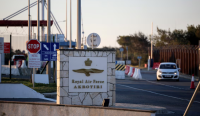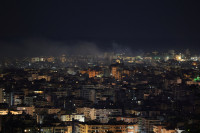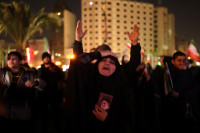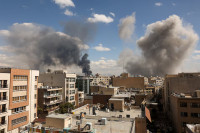World
Alexei Navalny, Russia’s opposition leader, is dead, authorities say
The Federal Penitentiary Service of the Yamalo-Nenets Autonomous District said in a statement that Navalny “felt unwell” after a walk at the IK-3 penal colony in Kharp.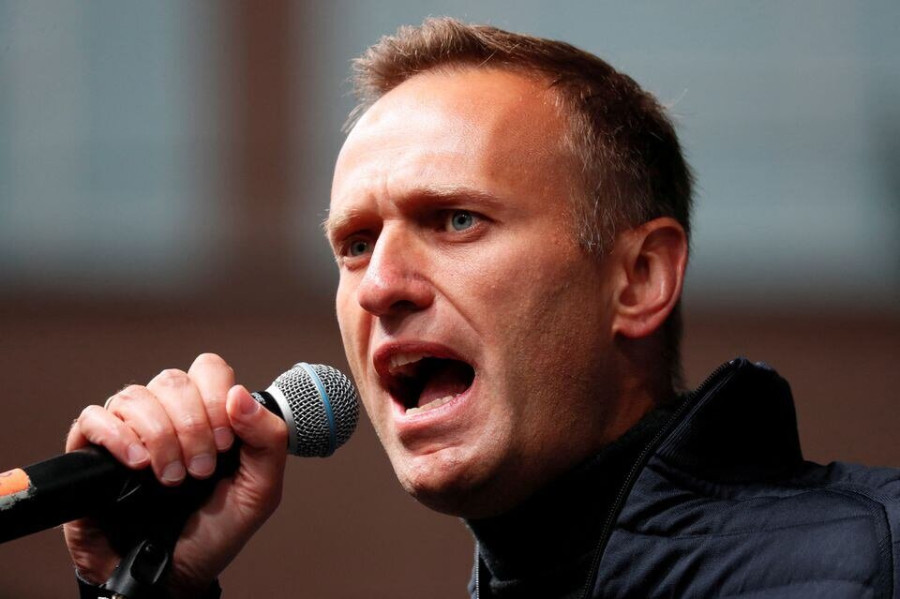
Reuters
Alexei Navalny, Russia’s most famous opposition leader, died on Friday after collapsing and losing consciousness at the penal colony north of the Arctic Circle where he was serving a long jail term, the Russian prison service said.
Navalny, 47, rose to prominence more than a decade ago by lampooning President Vladimir Putin and the Russian elite whom he accused of vast corruption, avarice and opulence.
The Federal Penitentiary Service of the Yamalo-Nenets Autonomous District said in a statement that Navalny “felt unwell” after a walk at the IK-3 penal colony in Kharp, about 1,900 km (1,200 miles) north east of Moscow.
He lost consciousness almost immediately, it said.
“All necessary resuscitation measures were carried out, which did not yield positive results. Doctors of the ambulance stated the death of the convict,” the prison service said, adding that causes of death were being established.
Condemnation quickly poured in from Western governments.
“Dreadful news about Alexei Navalny... If the report about his death in Russian prison is true it represents another terrible crime by Putin’s regime,” Swedish Foreign Minister Tobias Billstrom said on X.
“The ruthlessness against Navalny shows again why it is necessary to continue to fight against authoritarianism.”
DEATH IN JAIL
Navalny’s lawyer was on his way to the “Polar Wolf” prison in Kharp where Navalny died. Russian state television showed a press conference by the central bank.
Russian newspaper editor and Nobel Peace Prize laureate Dmitry Muratov told Reuters on Friday the death of jailed opposition leader Alexei Navalny was “murder”, and said that he believed harsh treatment had led to his demise.
“My sincere belief is that it was the conditions of detention that led to Navalny’s death ... His sentence was supplemented by murder,” Muratov said, offering condolences to his family.
Navalny earned admiration from Russia’s disparate opposition for voluntarily returning to Russia in 2021 from Germany, where he had been treated for what Western laboratory tests showed was an attempt to poison him with a nerve agent.
Navalny said at the time that he was poisoned in Siberia in August 2020. The Kremlin denied trying to kill him and said there was no evidence he was poisoned with a nerve agent.
In an interview in Moscow in 2011, Navalny was asked by Reuters if he was afraid of challenging Putin’s system.
“That’s the difference between me and you: you are afraid and I am not afraid,” he said. “I realize there is danger, but why should I be afraid?”




 9.7°C Kathmandu
9.7°C Kathmandu
